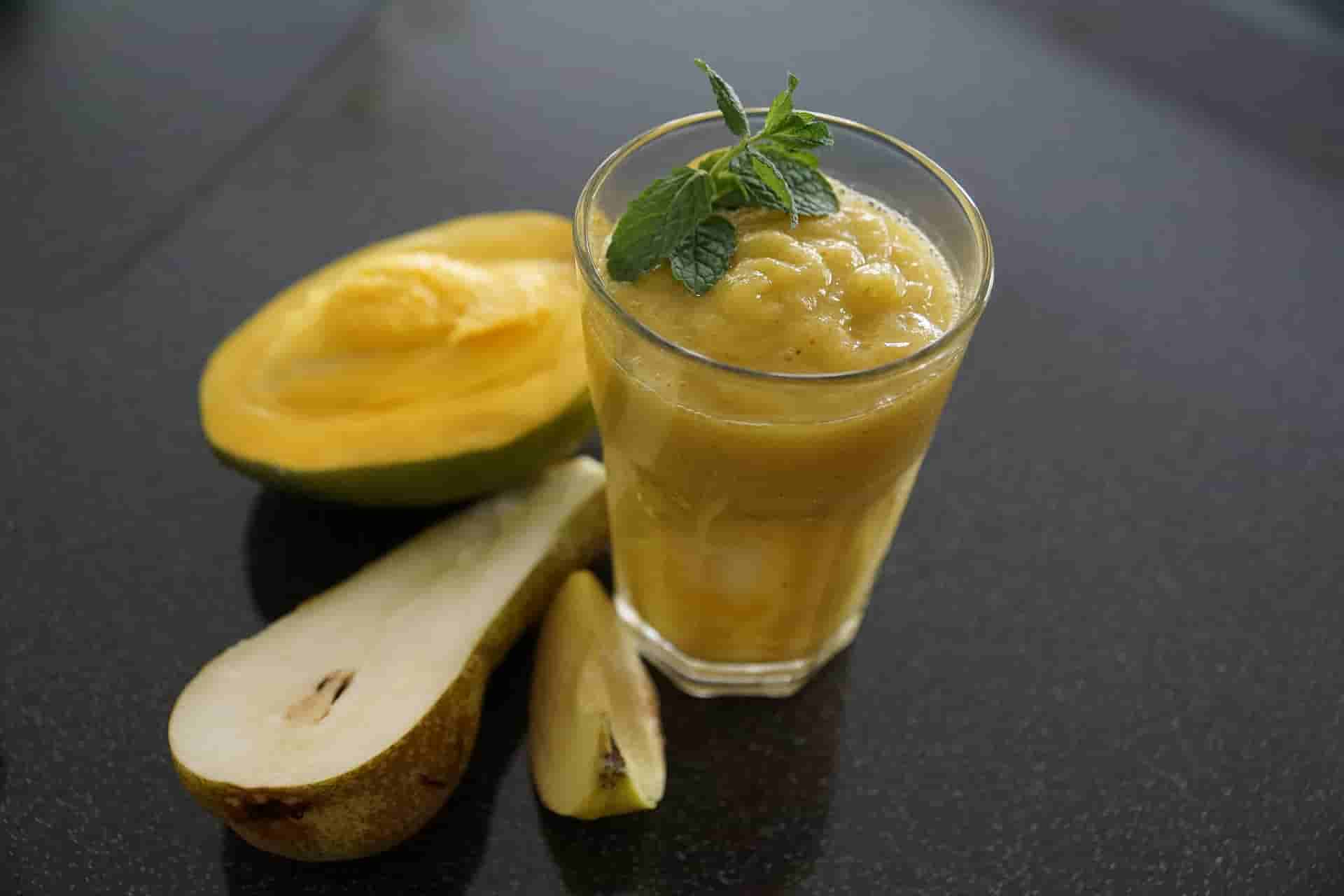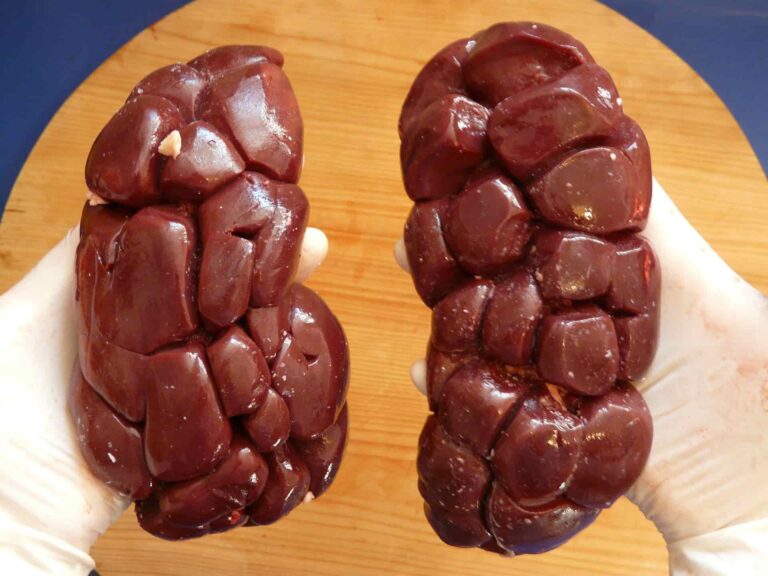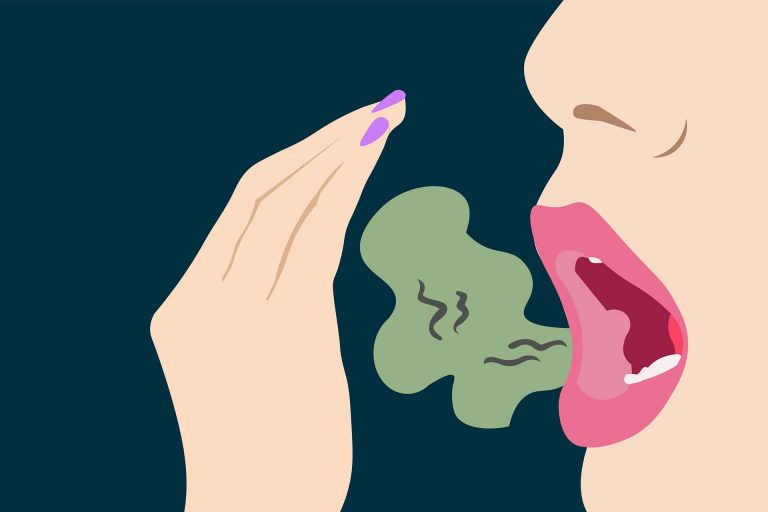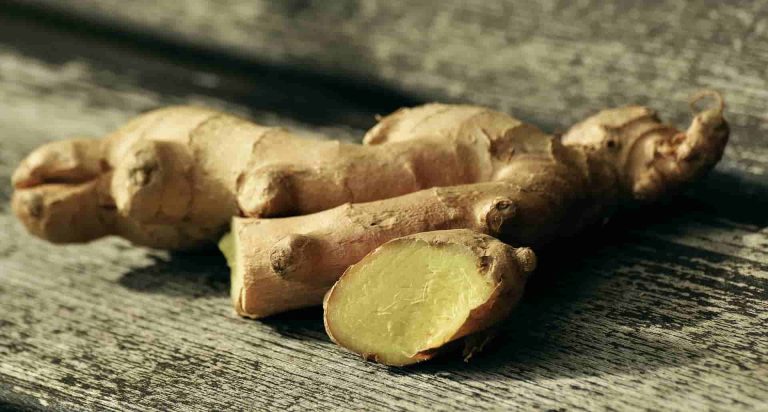Health benefits of mango
Did you know that after banana, mango is the most popular tropical fruit in the world? Not surprising, of course, because the fruit is deliciously sweet and can also is used in many different ways. But how healthy is a mango really?
And what about the peel, is it poisonous or not?
Nutritional value of mango
To find out how healthy a mango is, we first look at its nutritional value. Due to the sweet flesh, the mango contains a bit more calories and sugars than the average other fruit, but less than grapes or bananas, for example. A whole mango weighing about 280 grams contains the following nutritional values, according to the Nutrition Center:
- Calories: 185 kcal
- Fat: 0.6 grams (0 grams saturated)
- Carbohydrates: 40 g
- Of which sugars: 38.9 g
- Fiber: 4.5g
- Proteins: 1.7g

A mango is also packed with vitamin C: if you eat 280 grams of mango you have more than one hundred percent of the recommended daily allowance. Mango also contains a lot of vitamin A, as well as reasonable amounts of vitamins E and K, folic acid, copper, magnesium and potassium. So there are a lot of good nutrients in a mango. But what health benefits exactly does the mango have for our body?
Good for immune system
Mango is full of good vitamins that boost your immune system. One mango gives you more than enough vitamin C for an entire day, which helps your body make more white blood cells that can fight off germs. Vitamin C also helps your skin to recover faster in case of wounds or infections. Vitamin A is also an essential nutrient for an immune system. The vitamin K, vitamin E and various B vitamins present help your body to better ward off bacteria.
Dietary fiber
A mango contains a lot of dietary fiber, which helps your body digest food and improves your bowel movements. In 2018, research showed that people who suffered from chronic constipation noticed that they had fewer complaints when they regularly ate mango. The fiber also helps to keep the bacteria in the intestines healthy, which has a positive effect on bowel movements.
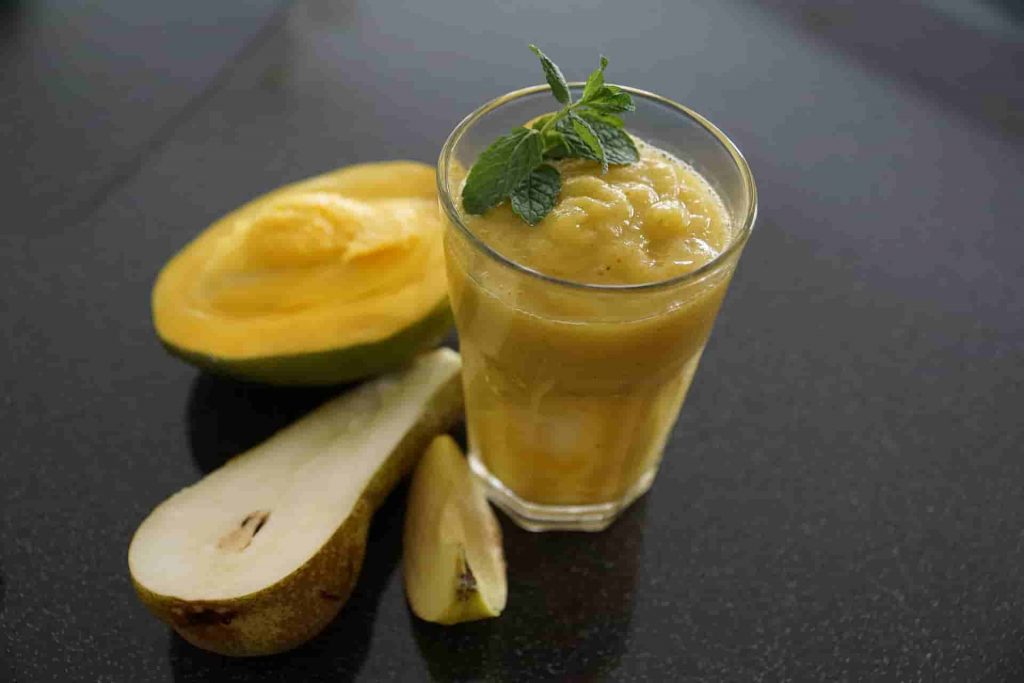
Good for skin and hair
Vitamin C not only helps your immune system, but also ensures that your body produces enough collagen. This in turn ensures that your skin and hair are so beautifully supple, and helps against wrinkles in your face. Vitamin A also ensures that your skin is somewhat protected from the sun and that your scalp does not dry out.
Potassium and magnesium
Mango is rich in potassium and magnesium, minerals that ensure that your heart and blood vessels remain healthy. Potassium helps regulate your blood pressure, thus reducing the risk of high blood pressure. Magnesium in the mango helps relax your blood vessels and lower your heart rate, which also keeps blood pressure lower.
Toxic peel of mango
A lot of health benefits, but it is better to leave the skin of the mango. You may have heard that the green-red-yellow skin of this fruit can be poisonous, but is it really the case? Fortunately, it seems to be okay for most people. The peel tastes bitter, can be hard and is simply not very tasty, so it is usually not eaten.
Just like the peel of a banana or orange, for example: it doesn’t make us sick immediately, but it isn’t really tasty either. With a mango, it is true that the skin contains a chemical called urushiol. This substance is also found in the poison ivy plant (which you may know as poison ivy) or poisonous oaks. Most people probably won’t get sick if they eat that, but you better leave it alone.
